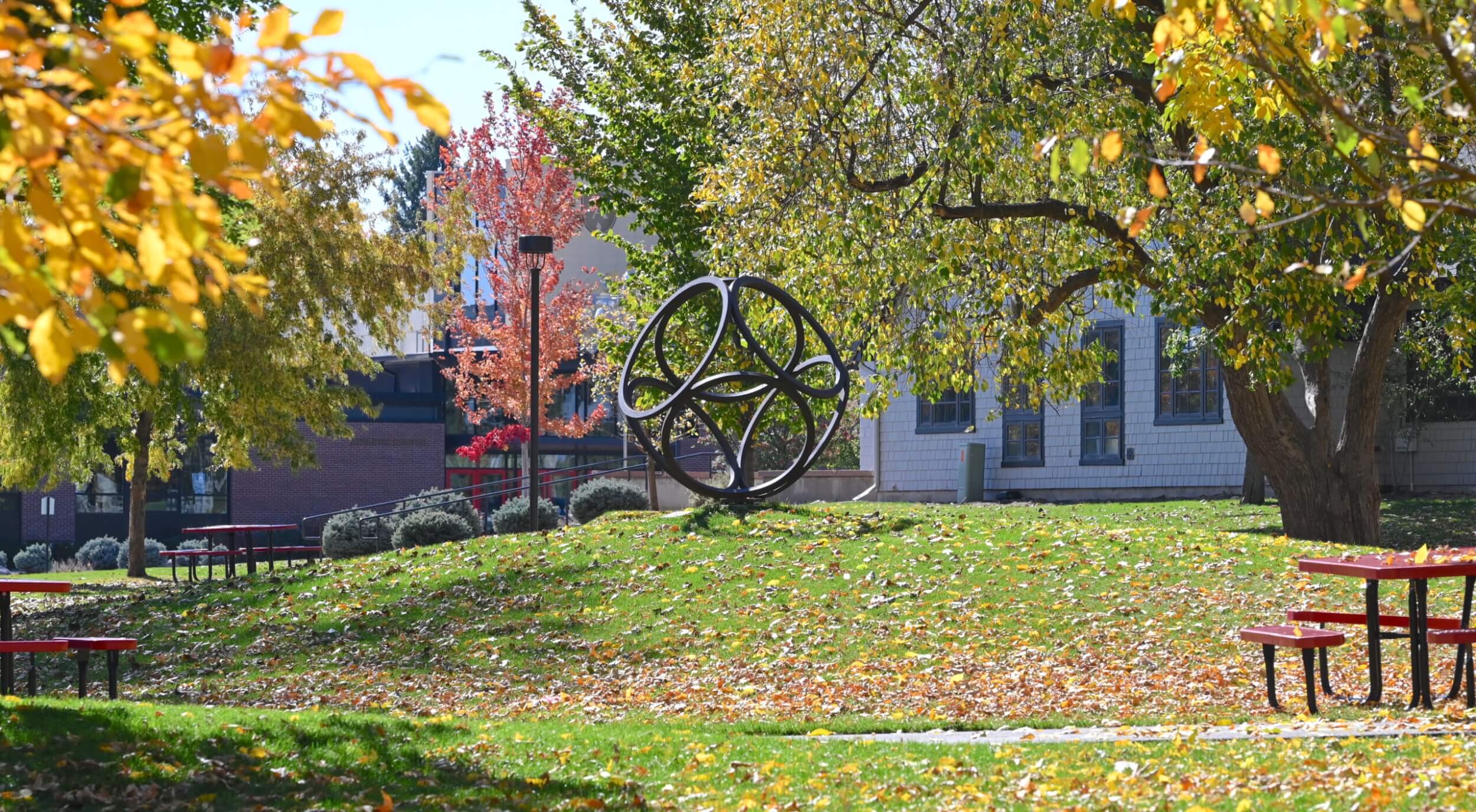It is difficult to watch what is happening now in the Middle East and witness how it reverberates in our society. As our students are watching the Israel-Hamas war unfold in real time, my goal is to keep the focus on our students and how they process what is happening. There are strong feelings about this conflict spreading across the globe, and within our own community.
We have seen many organizations struggle with what to say. There are some educational institutions, such as Williams and Stanford, that have stated that they will not comment on world events, because that either interferes with academic freedom and scholarship, or there are just so many human tragedies, such as the recent mass shooting in Maine, that it is impossible to write about each. I would posit that tragedy and violent conflict are at the opposite ends of the spectrum of how civil society deals with disagreement. Commenting on tragedies can provide a powerful lesson on how we expect our students to behave towards each other and within the greater world community.
Since I am a history teacher and keep a blog that tends to comment on various events, I have a platform to talk about such events. And I think, in our Pre-K-Grade 12 world, it is important to offer parents guidance about how to talk about challenging events and issues. It is a fine line to walk, as I am an educator and not a pundit, but it is critical to note how these events can impact our students and to take steps to help them process the events and their reaction to them. In situations like this, I will try to use my bully pulpit to remind everyone in our community of our values as an institution.
We offered two after-school learning sessions for Upper Schoolers in the week after the attacks on Israel, and one for Middle Schoolers last week, after Israel’s air bombardment and the cutting off of power, water, and fuel to Gaza began. We attempted to give an overview of the history from the early 20th century to the modern day. We noted the violence of the Hamas attack on October 7 and the loss of Palestinian life after the beginning of Israel’s airstrikes on Gaza.
In several history courses, students have been asking questions, and one teacher in the Upper School has pivoted aspects of her modern history course to talk about the conflict. In the session I led, the questions were very interesting. Just as many adults are concerned about what to say, it is clear students see the divisiveness on social media and are confused about how to express themselves. They have seen or read about people expressing sympathy for either Israeli or Palestinian loss of life, who then come under criticism from someone with a different perspective. We talked about what is happening on college campuses, where, depending on the institution, Jewish and Muslim students report not feeling safe. I noted the importance of having a solid understanding of the conflict and the history before weighing into such a loaded history in this polarized political environment.
What really stuck out were the students’ concerns that this might be the beginning of a far larger war. There were several questions about what it might mean if other nations were to get directly involved. Students and families are well aware of the truly staggering loss of life, and many are concerned about what is to come. Hamas’s acts of terrorism have caused immense pain for the Israeli people with 1400 killed. Israel’s response with attacks in Gaza and, more recently in the West Bank, has caused immense pain for the Palestinians. As of this writing, over 8,000 have been killed. Particularly troubling for all is how many children have been killed; some estimates put that number at over 3,000.
For parents, I think it’s important to keep a pulse on the horrors of this war—from the images of October 7 to the ongoing state of the conflict—and what information your child is digesting. I would recommend having conversations about social media and monitoring what images your children are seeing. It’s also critical for our students to understand that not all Muslims see world events in the same way, and not all Jews do, either. It’s important not to assume we know what other people’s experiences or viewpoints may be.
Most of our students are not thinking deeply about this conflict, as they are focused on their own lives. But there are a number of students and families who are impacted on a deeply personal level because of their faith and family background. Here at home, we have seen this conflict cause division and even violence. Jews, in America and Europe, are facing rising anti-Semitism and physical assault. At the same time, Islamophobia is on the rise—including the stabbing and murder of a six-year-old Muslim boy in a hate crime. Headlines about this conflict and loss of life can and will carry a heavy emotional weight. As a school leader, I believe there is no place for hate or hateful rhetoric of any kind at Colorado Academy. We must remain true to our mission.
Again, our role as an institution is to create a community that cares for one another. And we want to help our students become critical thinkers and use evidence to shape their understanding of the world. Our counselors are here to support all of our students. We do not want to shy away from discussing tough issues in age-appropriate ways, and we will continue to monitor how this conflict impacts our community. But I want to make sure our parents have a sense of what our kids are thinking and feeling right now as this conflict continues to develop. Please reach out to me directly if you have any questions.
